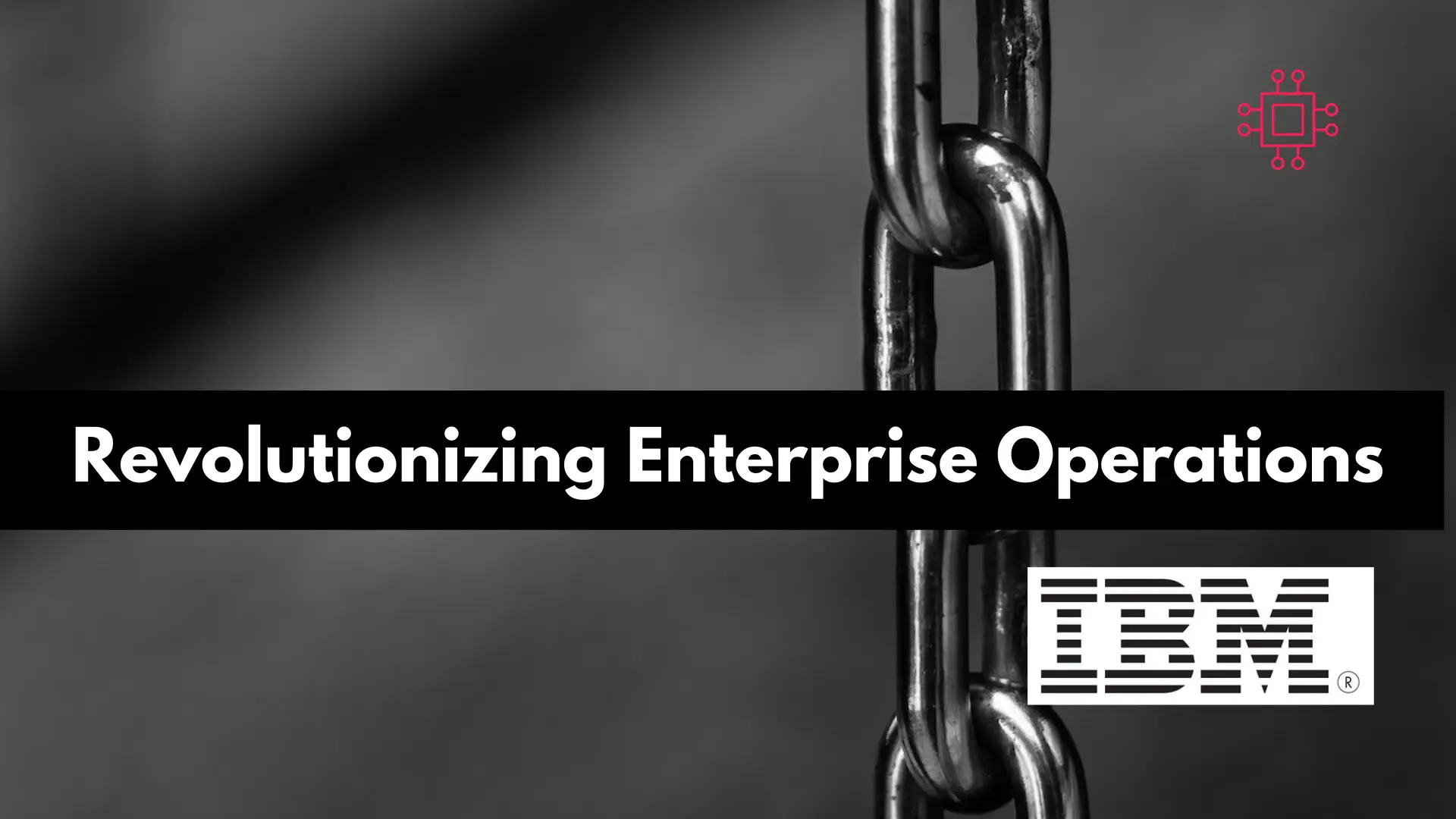
IBM, with the help of the blockchain, is revolutionizing enterprise operations by improving efficiency and transparency. Blockchain technology provides a secure, transparent, and tamper-proof way

In this article, we will review 10 common misconceptions about the blockchain. A blockchain is a decentralized, distributed and public digital ledger that is used to record transactions across many computers so that the record cannot be altered retroactively without the alteration of all subsequent blocks and the consensus of the network.
The blockchain technology is based on a distributed consensus mechanism that enables a network of users to agree on the validity of each transaction without relying on a central authority or third-party intermediary. This makes blockchain a trustless and tamper-proof system, where transactions cannot be altered or deleted once they are recorded on the blockchain.
One of the most well-known applications of blockchain technology is cryptocurrency, where blockchain is used as the underlying technology to create a secure and decentralized system for digital transactions. However, blockchain has many potential use cases beyond cryptocurrency, including supply chain management, identity verification, voting systems, and more.
Although Bitcoin is the most well-known application of blockchain technology, blockchain can be used for a wide variety of applications beyond cryptocurrencies.
While it’s true that transactions on the blockchain are pseudonymous, meaning that they are identified only by a public address rather than a person’s name, it is still possible to trace transactions and identify users through various means.
While blockchain technology provides a high degree of security, it is not completely impervious to hacking. There have been several high-profile hacks of blockchain-based systems in recent years, highlighting the need for continued vigilance and security measures.
While blockchain technology has gained widespread adoption in the financial industry, it has potential applications in a wide range of industries, including healthcare, supply chain management, and identity verification.
While blockchain has the potential to revolutionize many industries, it is not a solution for all business problems. Organizations should carefully consider whether blockchain is the right tool for the job before investing time and resources in its implementation.
While blockchain can offer many benefits over traditional systems, including greater transparency and reduced transaction costs, it can also be slower and less efficient in certain contexts.
While blockchain technology is complex, there are user-friendly interfaces and tools available that make it accessible to non-technical users.
While it’s true that hype around blockchain technology has died down somewhat in recent years, it continues to gain adoption and has the potential to revolutionize many industries in the coming years.
While large companies have been early adopters of blockchain technology, it has potential applications for businesses of all sizes.
While blockchain can provide a degree of decentralization and disintermediation, there will still be a need for intermediaries in many contexts, particularly in industries where trust and accountability are critical.
In summary, we have covered some of the common misconceptions about the blockchain. As the technology continues to mature, we can expect to see blockchain being used in more applications beyond cryptocurrency, such as digital identity, voting systems, and more. Blockchain has the potential to transform various industries and disrupt traditional business models, making it a technology that is likely to persist going forward.
Was this article helpful to you? If so, leave us a comment below. We’d love to hear from you!
Related Posts

IBM, with the help of the blockchain, is revolutionizing enterprise operations by improving efficiency and transparency. Blockchain technology provides a secure, transparent, and tamper-proof way

So, what is the blockchain you ask? I’m glad you asked the question. Blockchain technology is a distributed ledger system that allows multiple participants to

Are you interested in generating smart contracts but don’t know where to start? The goal of this article is to provide the beginner with enough
